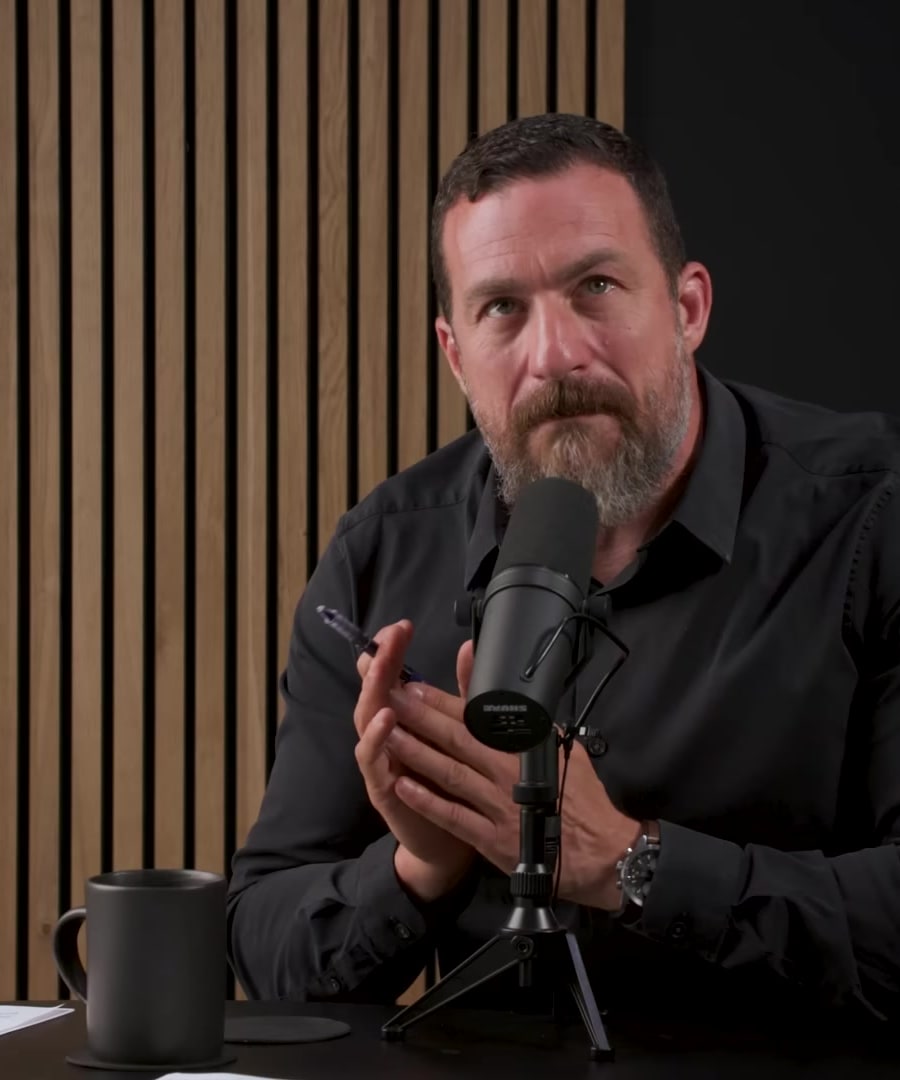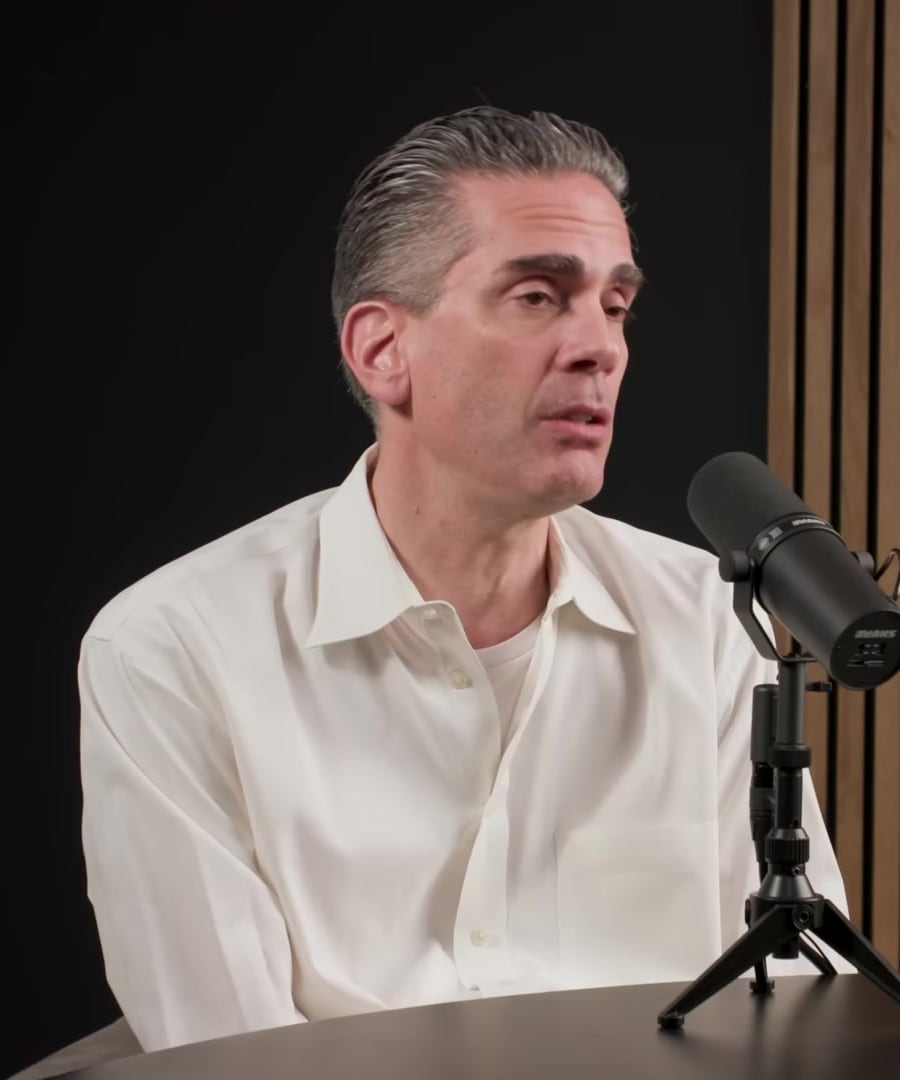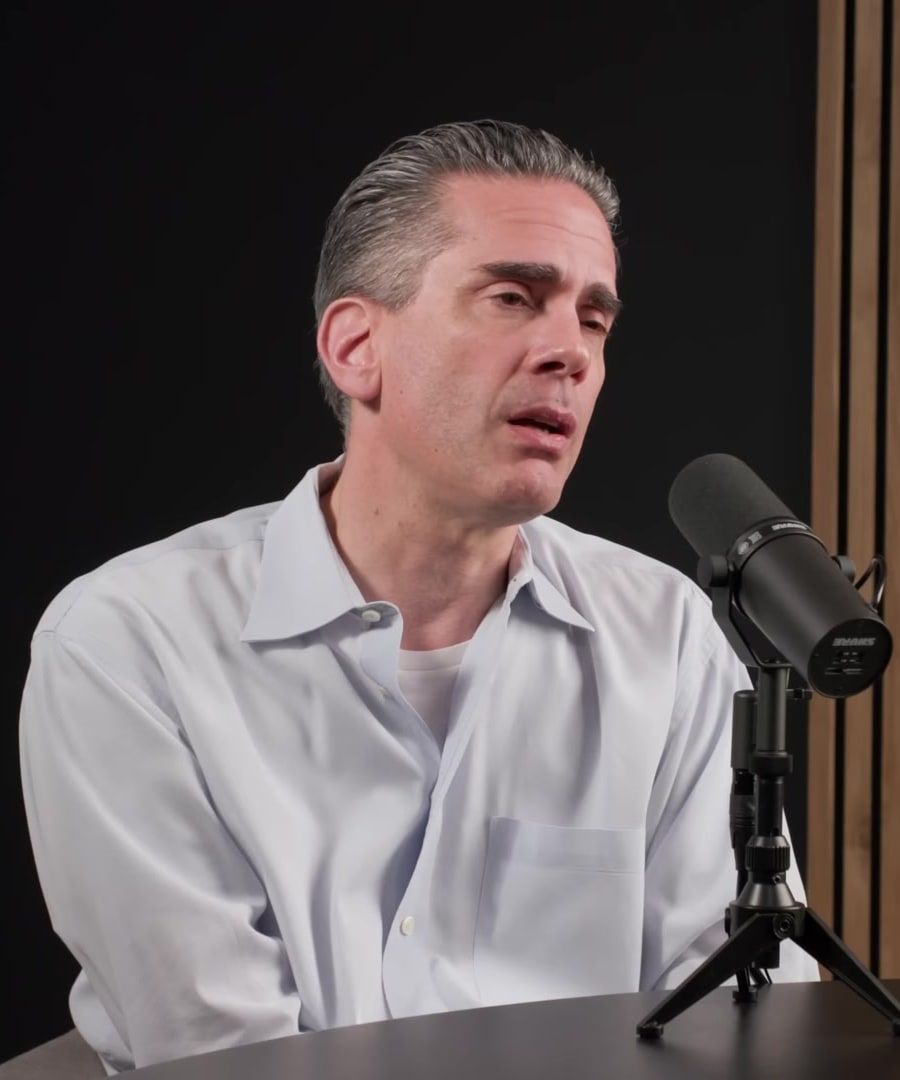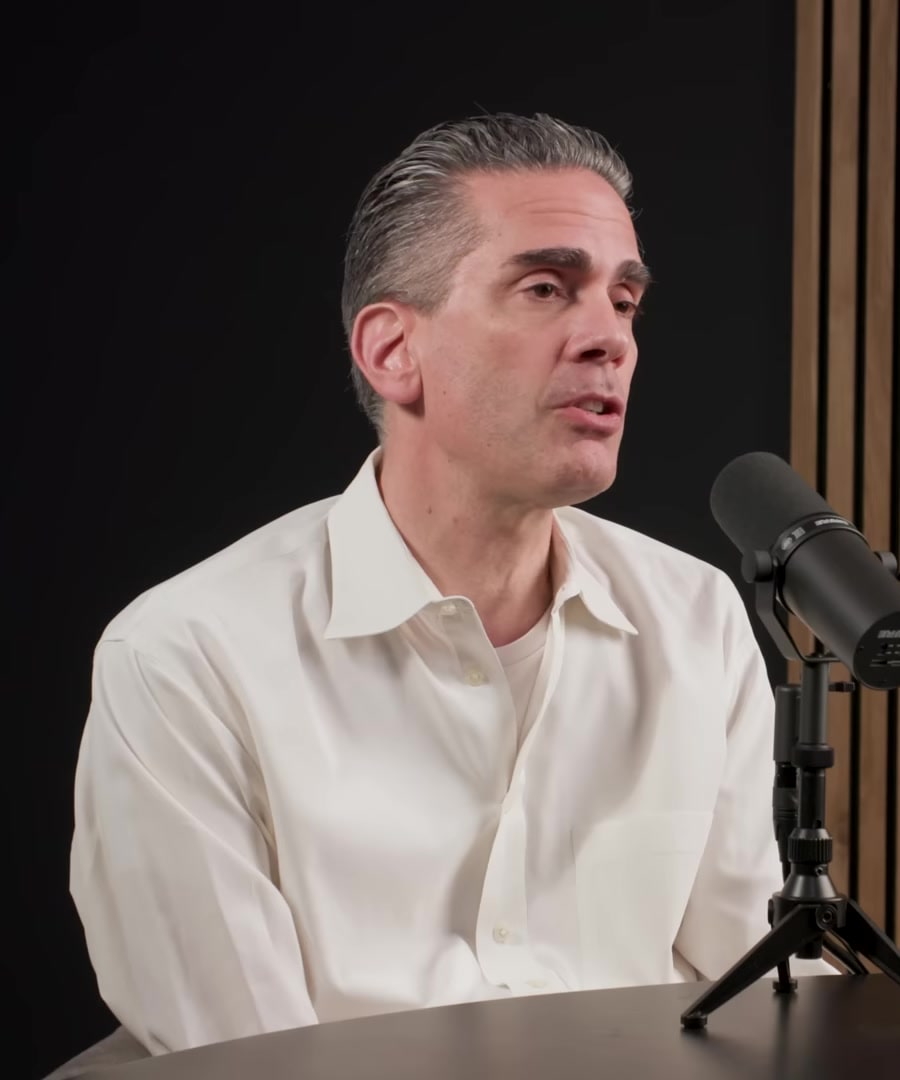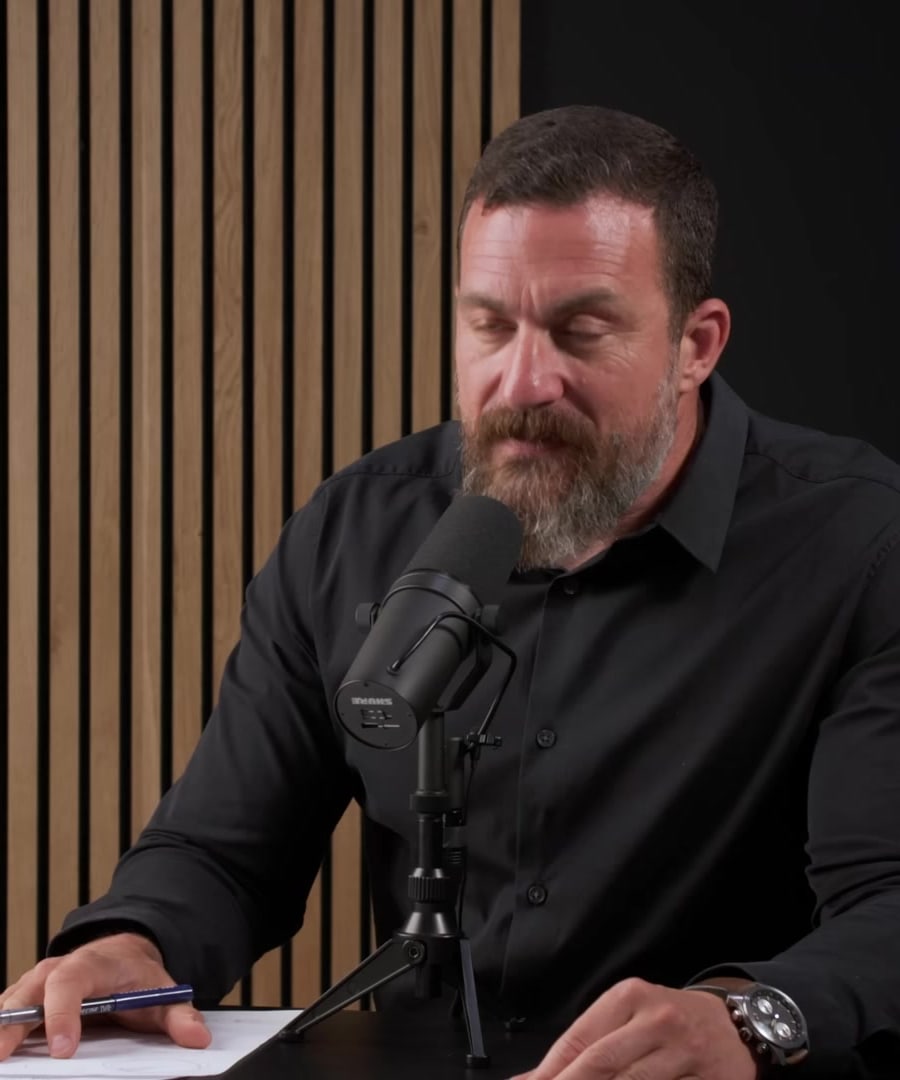What are defense mechanisms in patients?
Sources:
Defense mechanisms are unconscious processes that help individuals manage stress, trauma, and internal conflicts. These mechanisms can shape behavior in both positive and negative ways.
Key Points on Defense Mechanisms
-
Projection:
- Definition: Attributing one's own emotions or thoughts to others.
- Example: Feeling anger and perceiving the world or others as hostile due to projecting one’s own feelings outward.
- Impact: Can hinder self-awareness and lead to misunderstandings in relationships 1.
-
Displacement:
- Definition: Redirecting emotions from a primary source to a secondary, less threatening one.
- Example: Feeling frustrated at work and expressing that frustration at home by arguing with family.
- Impact: Causes harm to relationships and does not address the real source of the emotion 1.
-
Rationalization:
- Definition: Justifying behaviors or feelings with seemingly logical reasons, even if they are not true.
- Example: Believing one is performing well at work despite not putting in enough effort, leading to disappointment in outcomes.
- Impact: Leads to self-deception and can prevent personal growth and improvement 2.
-
Denial:
- Definition: Refusing to accept reality or facts to avoid dealing with painful feelings.
- Example: Not acknowledging a serious health issue despite clear symptoms.
- Impact: Prevents effective coping and can lead to worsening situations as issues are not addressed 3.
-
Acting Out:
- Definition: Expressing unconscious emotional conflicts or feelings through actions rather than words.
- Example: Displaying rebellious or aggressive behavior due to internal anger.
- Impact: Can escalate problems and negatively affect oneself and others 4.
-
Altruism:
Awareness and Reflection
- Self-Reflection: Understanding and reflecting on one's defense mechanisms can lead to healthier patterns of behavior and improved mental health 5.
- Therapeutic Inquiry: Professional guidance can help individuals identify and modify defense mechanisms, promoting better mental health outcomes 6.
Conclusion
By recognizing and addressing defense mechanisms, individuals can better manage their emotional health and improve their interactions and overall well-being. Working with a therapist or engaging in self-reflection are effective ways to uncover and reframe these unconscious processes for better mental health.
RELATED QUESTIONS-
